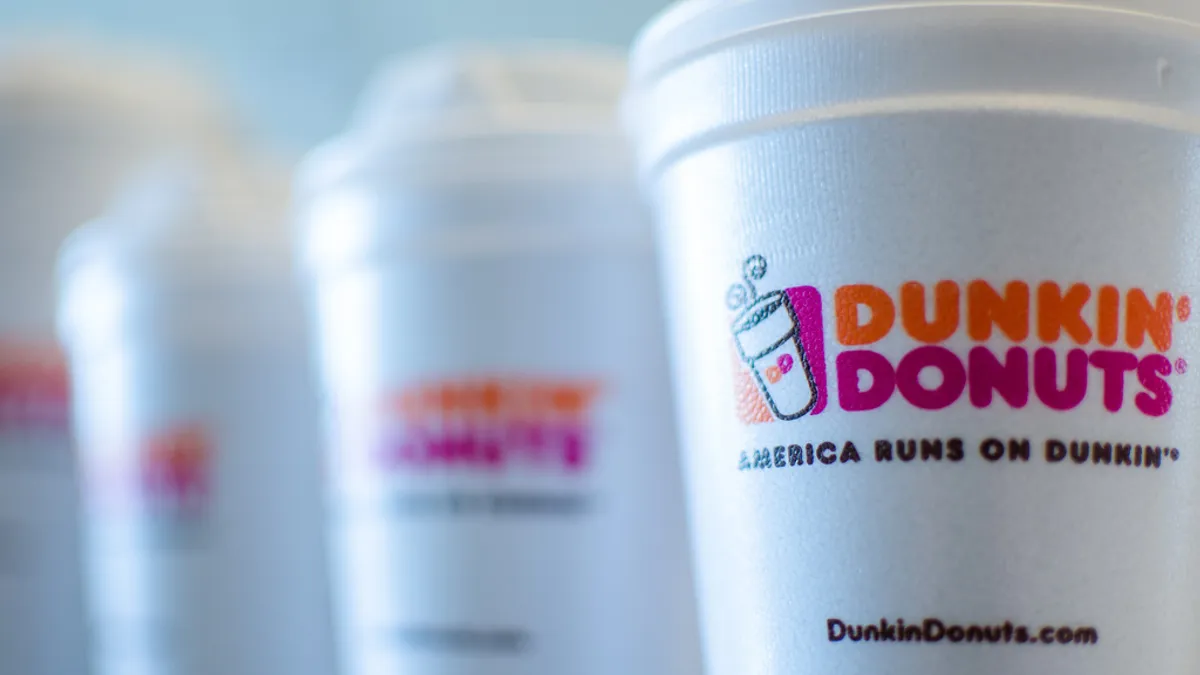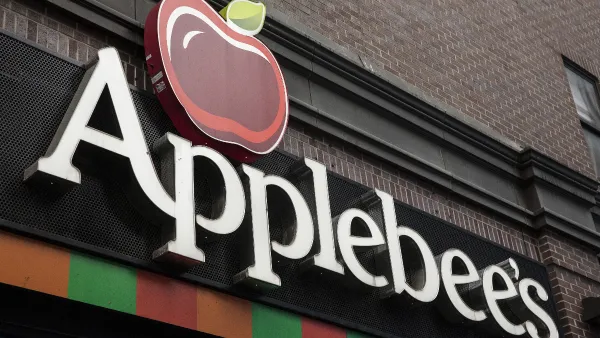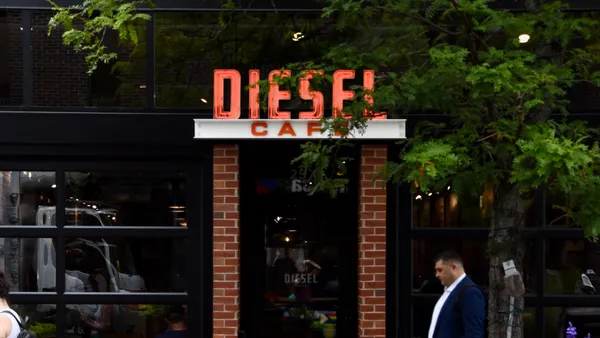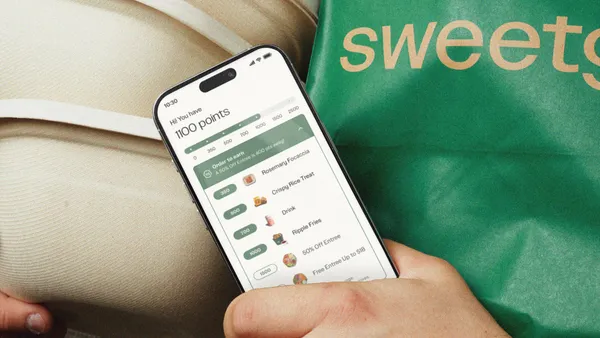Dive Brief:
- Two of three consumers, especially millennials and baby boomers, care more about the sustainability of food packaging than they did five years ago, according to Asia Pulp & Paper's 2018 consumer trends report. More than half of the 1,000 survey respondents said they would pay more for fast food sold in sustainable materials, and 35% said they would pay up to 10% more.
- Consumers also prefer recyclable and biodegradable packaging over reusability. “Consumers demand smarter packaging that serves both quality and sustainability functions, so it is crucial for the food industry to adopt recyclable and naturally compostable solutions and phase out disposable food packaging like plastics and polystyrene,” Ian Lifshitz, vice president of sustainability and stakeholder relations for APP, said in a statement.
- Forty-five percent of Americans consider sustainability when choosing a fast-food restaurant, but only 31% think those businesses clearly label packaging with the proposer disposal instructions.
Dive Insight:
Younger consumers have consistently named sustainability as a top concern in brand awareness, according to Nielsen, and major restaurant chains are taking notice. Companies such as McDonald’s, Dunkin' Donuts and Yum Brands have committed to zero deforestation, while food brands like Nestlé, Unilever and PepsiCo have agreed to phase in packaging made from recyclable, compostable and biodegradable materials with more recycled content by 2025. Overall, 66% of respondents worldwide said they would pay more for products and services from companies notably committed to “positive social and environmental impact,” up from 50% in 2013.
It’s clear that consumers want to support sustainable businesses — or at least those that aspire to be sustainable — but whether people turn thought into action remains murky at best. They also want convenience above all else, especially when choosing what to eat — a somewhat contradictory stance. About 23% of waste stems from packaging, according to the EPA, and that doesn’t include waste tossed into streets or waterways. As attention turns to ingredient labeling, nutrition, supply chain transparency and living wages, consumers and investors want waste and materials to fit the good-for-the-planet image.
Packaging, however, remains a troubling problem for the food industry. Dunkin’ Donuts announced a move to phase out its famous polystyrene cups in 2011, but they only confirmed in February that it would happen by 2020. Salad chains and other recent health-conscious fast-casual restaurants rely on a sustainable ethos in their marketing, sourcing and materials, yet customers don’t always know what to do with the packaging. Does it belong in the landfill, or is it recyclable?
Sweetgreen, for example, serves its salads in compostable bowls, but New York City customers admitted to dumping their daily bowls into the trash at their offices that don’t compost or even recycle. Most disposable coffee cups are also impossible to recycle, and continue to contaminate bins. The northwestern U.S. recently diverted tons of recyclable material to the landfill because China, one of its biggest buyers, imposed stricter standards.
Scientists and engineers are no doubt working tirelessly to create alternatives to wasteful packaging, but high-quality options remain slim and typically more expensive than their dated counterparts. A small plastic salad container runs $0.09 per unit, but the same-sized compostable corn container costs $0.33 per unit. Nonetheless, companies boast about wins where they find them because perception matters. Coca-Cola, meanwhile, has reported saving $180 million by adopting bottles made from one-third sugar cane waste.
It's clearly that restaurant goers, from millennials to baby boomers, care about sustainability at their local restaurant. But while committing to being better environmental stewards is important, more chains could consider following through on their pledges by helping consumers recycle after their meal, or touting what happens to the packaging once it leaves the restaurant. For people who value environmental practices, this could attract more consumers who applaud the fact that the restaurant is following through on their commitments — resulting in a boost in sales from increased traffic and people who are willing to pay more for those products.













